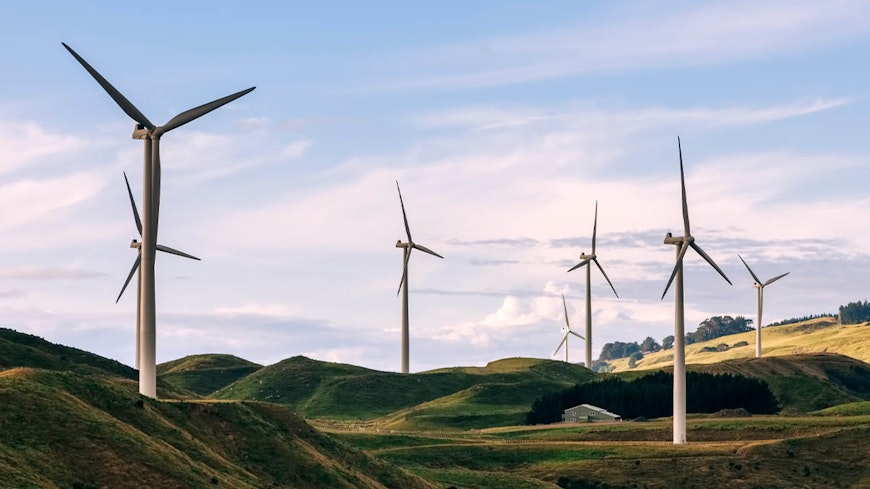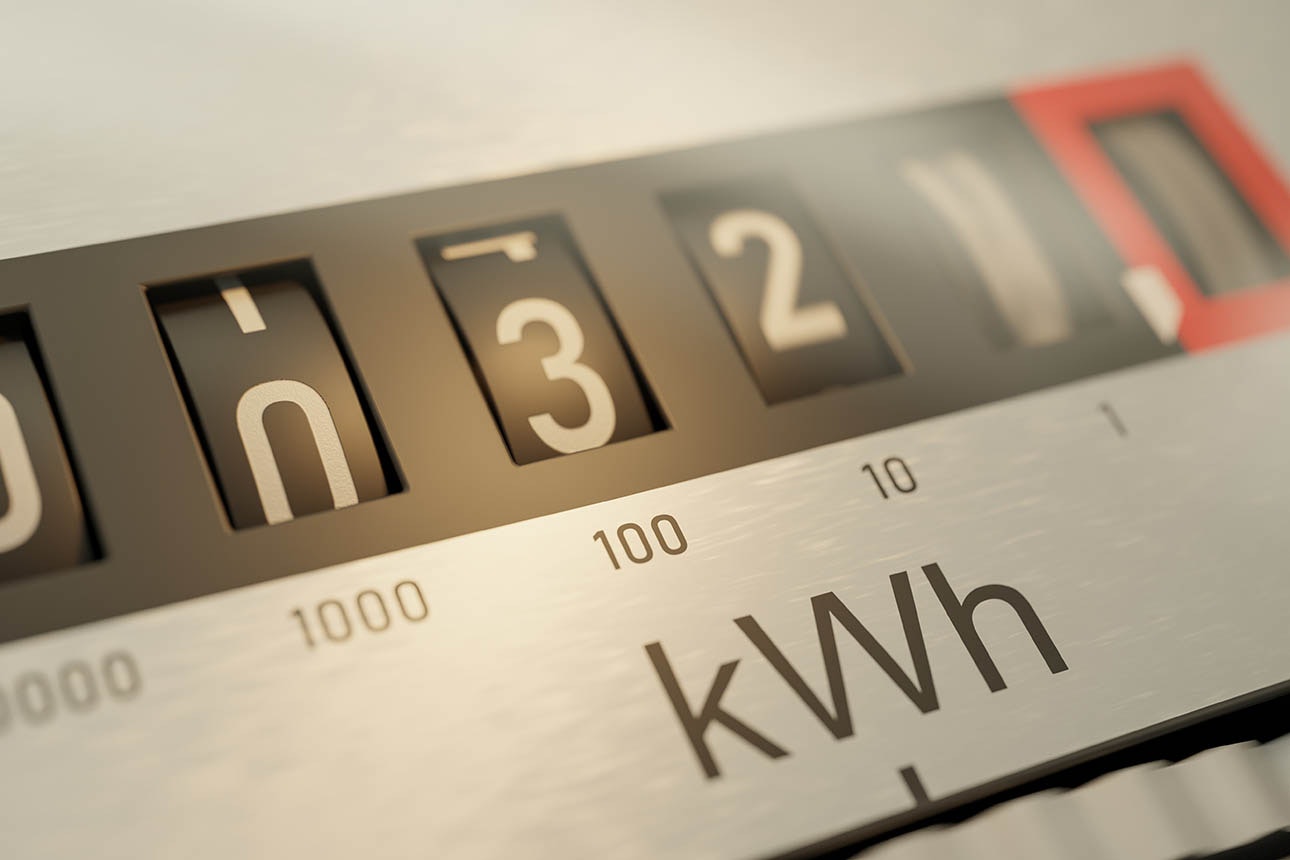
By Kate Harvey
Content Manager | Pou Whakahaere Ihirangi
Today is World Consumer Rights Day and this year organisations like ours are using the occasion to help people transition to using “clean energy”. We asked our resident “electricity nerd” and Powerswitch website manager Paul Fuge to tell us one thing New Zealanders could do that would make a difference.

Fuge explained that more than 90% of New Zealand’s electricity production comes from renewable resources, but there was one simple thing people could still do to make our grid even greener – and this is to move our electricity consumption away from peak times.
“New Zealand’s wind, hydro and geothermal stations provide our baseload generation for almost all of New Zealand‘s electricity needs. However, at peak electricity demand times, when everyone comes home around the same time and starts cooking dinner and puts on the dishwasher and washing machine, our renewable electricity sources may not quite have enough grunt to cover demand – and that’s when we often have to fire up the gas and coal-powered stations,” Fuge said.
Moving our power use to off-peak times helps move the national power load away from the peak, and therefore lessens the need to rely on gas and coal energy sources.
As well as doing your bit for the environment, you could make a big difference to your wallet by choosing a plan that rewards you for your off-peak use.
Fuge said people who switched to a time-of-use plan, which sees people pay less for off-peak power, typically save about 20% if they were clever with their electricity use.
Whilst this “load shifting” does take a bit of organisation, Fuge said technology is making it easier. Modern dishwashers and washing machines usually have a delay function to make them come on later in the evening. Fuge said he’d programmed his EV charging station to start charging at 9pm and an attachment he’d put on his hot water cylinder makes sure it doesn’t heat the water during the more expensive peak periods.
“It kind of gameifies it. But shifting load is easier for some households than others. It’s a bit harder for families with young children that have the washing machine running a few times a day. On the other hand, shifting load is easier if you’re a night owl or you’re by yourself or just a couple, as you could just run it in the middle of the night,” Fuge said.
“You can save some serious money. It’s a way of controlling it without having to sit in the cold or turn the stuff off that you don’t want to. It’s about being clever and it’s becoming more mainstream and easier to do as home automation catches on and lets you set and forget.”
He knew of one power company running a trial where it could control when a home’s water was heated to make it cheaper for the residents, without them having to worry about cold showers.
Fuge said moving power consumption away from peak times also reduced the strain on the national grid and local lines networks. This can help reduce the need for costly electricity infrastructure upgrades and help keep a lid on prices.
For more information about World Consumer Rights Day and its theme ‘Empowering consumers through clean energy transitions’, visit Consumers International’s website.

Are you paying too much for power?
We'll help you compare and find the best electricity and gas plan. Check now to see if you’re getting the best deal.

